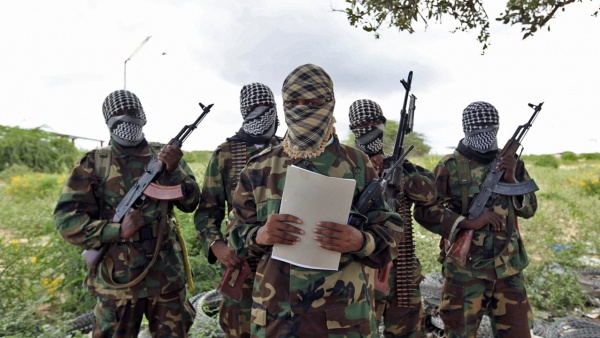×
The Standard e-Paper
Kenya’s Boldest Voice

Placing national security agencies on high alert to robustly tackle increased Al-Shabaab terror attacks has helped assure North Eastern residents that their safety and protection is getting serious attention. That is as it should be.